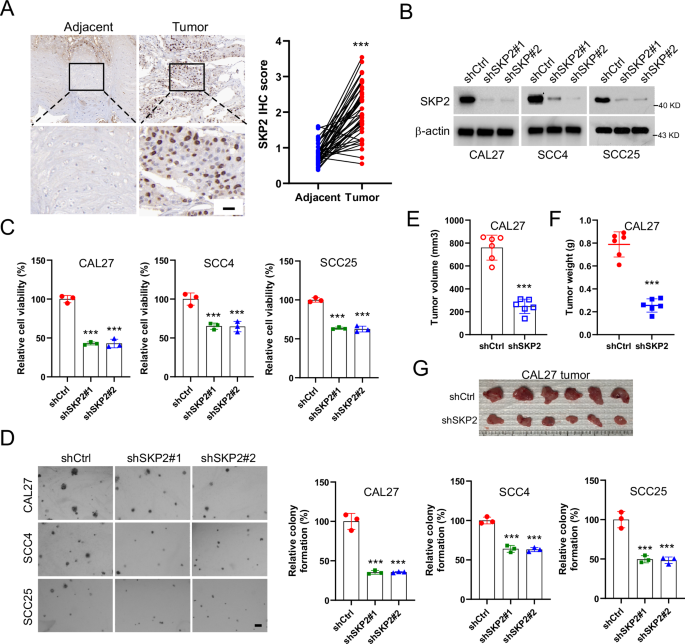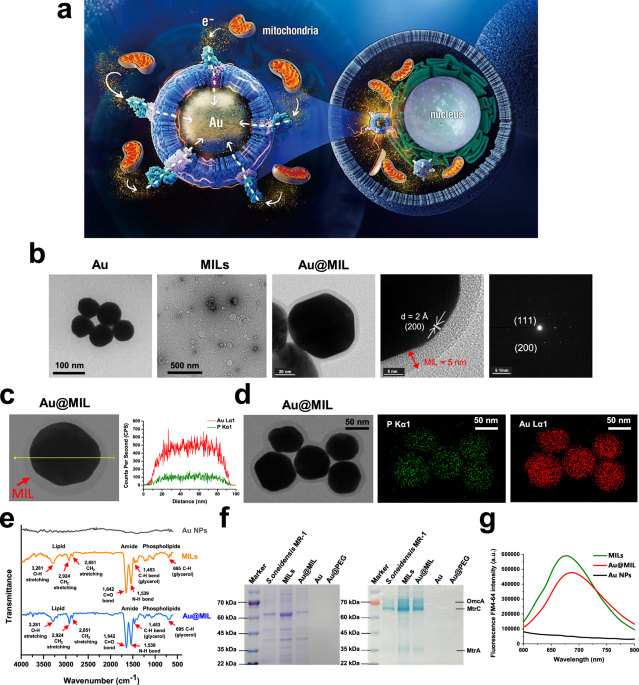EU regions push for stronger EU safety net for workers hit by companies' crises and restructuring | European Committee of the Regions
CoR members welcomed the European Commission’s proposal to expand the scope of the EGF to cover workers facing imminent job displacement, a key demand of the previous CoR opinion on this instrument. This expansion strengthens the emergency nature of the Fund, already supporting workers before they lose their job.
Local and regional leaders want the Fund to be accessible from a threshold of 150 redundancies, instead of the 200 proposed by the Commission. This would better reflect the realities of less populated regions and economies dominated by small and medium-sized enterprises, making the fund more accessible. They also called for targeted support measures for employees of SMEs and subcontractors and simplification of the application process. Reduction of administrative burden on enterprises and Member States was also emphasised, including by allowing the Commission to request mobilisation of the annual budget earlier — at the start of each year.
CoR members called for closer involvement of local and regional authorities in the management of the Fund as they are best placed to identify skill needs on the ground and can help raise awareness for the support provided under the EGF. For better transparency, they called for clearer criteria on the financial health of companies: if there is reasonable doubt about their financial standing, they should be ineligible. They highlighted that the Fund should be fully aligned with the outcomes of the mid-term review of cohesion policy and should be better integrated with industrial transition pathways, which are crucial for achieving a green, digital, and resilient economy.
Looking ahead, the CoR calls for the inclusion of the EGF in the next EU long-term budget, with sufficient and more stable funding that matches the Fund’s scope. As the EU faces deep economic shifts, the Fund’s budget must be resilient enough to respond effectively during economic downturns, not just in stable economic periods. Finally, CoR members highlighted the need for greater visibility of the Fund, so that workers, SMEs, and local authorities are aware of its existence and potential.
Rapporteur Christophe Rouillon (FR/PES), Mayor of Coulaines: “Workers across Europe are paying the price for global trade shocks, broken supply chains, and the pressures of green and digital transitions. Entire parts of local economies are being destabilised – particularly in the automotive sector and in services hit hard by the rise of artificial intelligence. Too many affected workers are blocked by bureaucratic hurdles and slow processes. We must urgently make the European Globalisation Adjustment Fund more accessible, visible, and responsive – by putting local and regional authorities, those closest to the realities on the ground, at the heart of its governance. We also call for the exclusion of predatory companies that abuse mass layoffs to maximise profits and increase shareholder payouts. No one should be left behind or abandoned in times of transition. The Fund must not become an empty shell or a distant promise. It must be strengthened to become a true instrument of protection, solidarity, and competitiveness – for all.”
Contact
Theresa Sostmann
Tel: +32475999415









